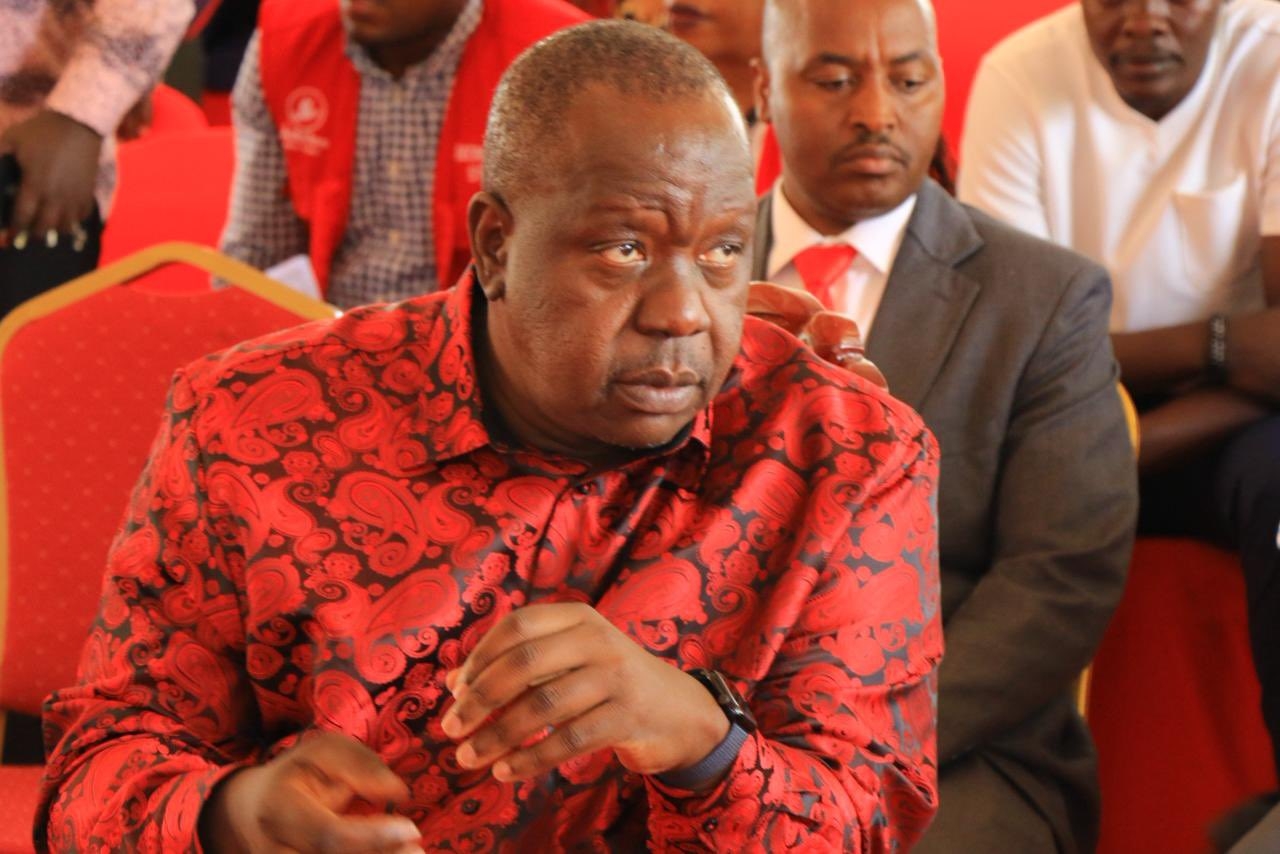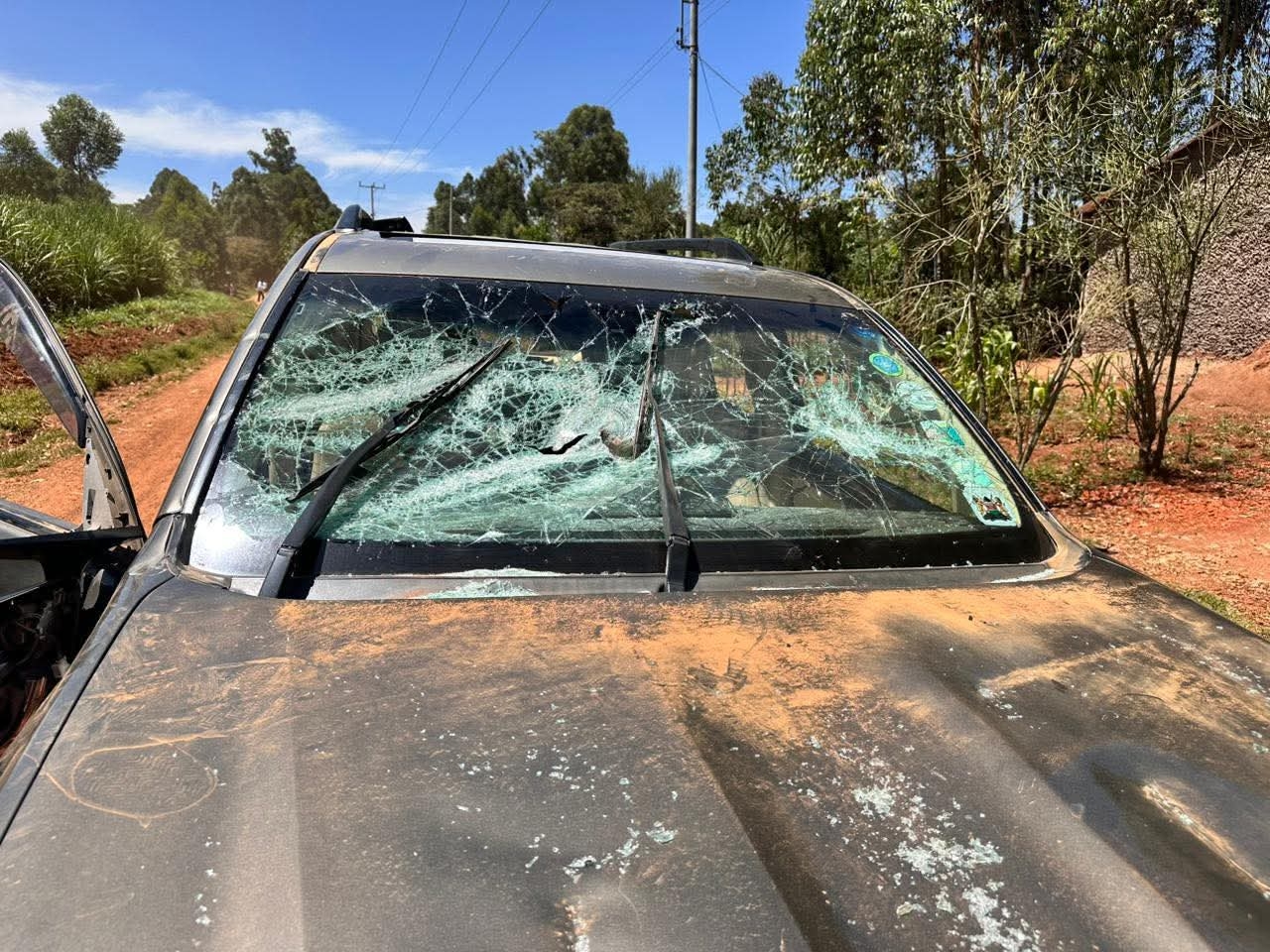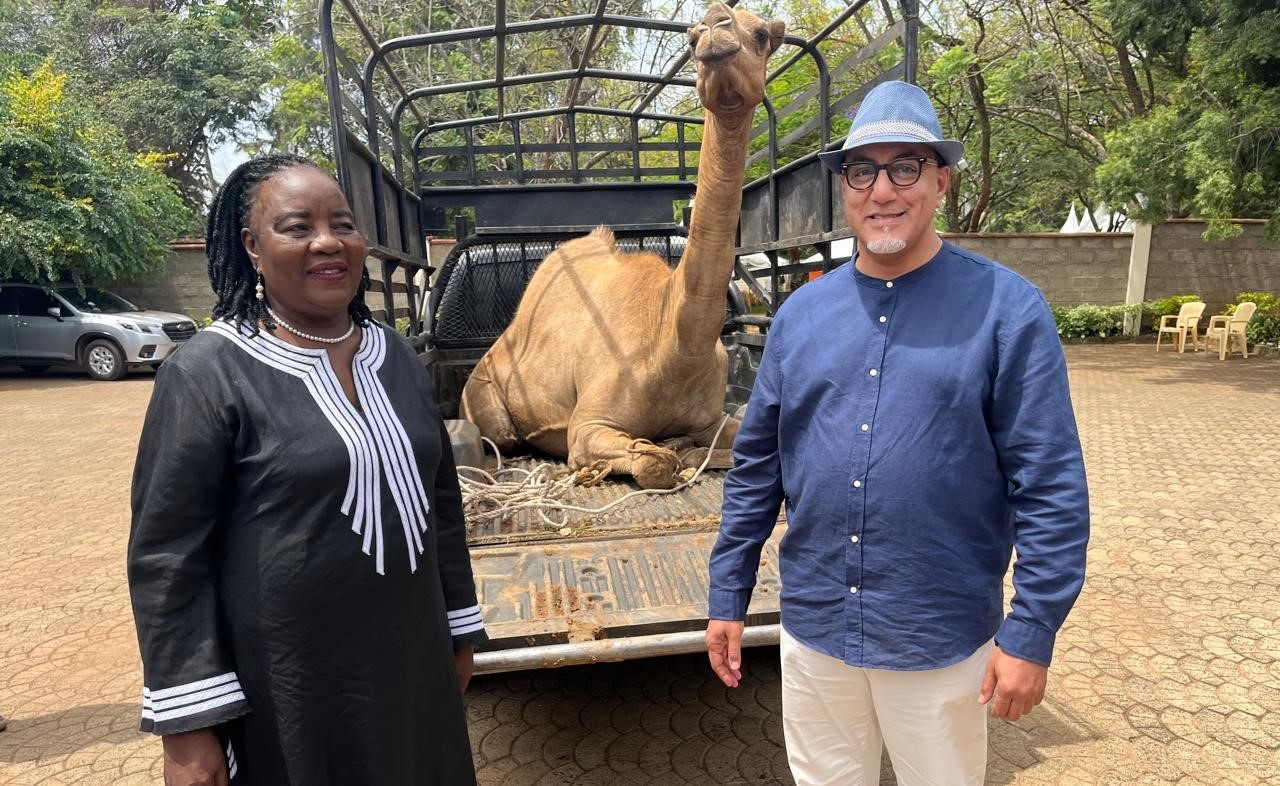MPs are set to discuss and pass the Coffee Bill 2023 that seeks to streamline the sub-sector and ensure farmers’ earnings are increased.
Among the issues set to be addressed by the Bill are the establishment of a direct settlement system that will see farmers receive their money as soon as their produce is sold.
Currently, farmers wait for months before receiving their proceeds which prompts them to take loans from millers, marketers and financial institutions to sustain themselves.
This, according to Mathioya MP Edwin Mugo, keeps farmers in a cycle of debts that sees most of their income used to repay them.
The Bill, the MP said, is one of the priority matters set to be discussed once they resume their sittings later this month.
It will also provide for the establishment of a police unit that will be charged with the responsibility of guarding coffee in the factory to stem thefts.
Farmers have for years been relying on private security guards and often suffer from break-ins in which their produce is stolen.
Some of the guards who are unarmed are harmed in the incidences that have in the past been blamed on private millers in cahoots with some factory managers.
“With the police unit, farmers will no longer have the burden of securing their coffee and the thefts will be eradicated,” the MP said.
Mugo who was speaking at Thuita in his constituency on Saturday, said the sub-sector is depended on by many families and that they are putting measures in place to ensure it is streamlined.
Two weeks ago, a section of farmers from Kamacharia coffee co-operative society shocked many when they started uprooting coffee bushes.
The farmers were protesting poor leadership of the co-operative society that they said has subjected them to years of poor pay and mismanagement.
But the MP appealed to farmers not to uproot the crop saying it has a bright future and will return to its former glory.
“As MPs from coffee growing areas, we met and discussed the issue with the Deputy President in Karen a while back and agreed to pass the Bill.”
The Bill will also incorporate a minimum guaranteed return to cushion farmers against poor prices occasioned by fluctuation of the dollar.
Mugo said MPs will also discuss a bill seeking to establish a common structure for co-operatives.
The bill will ensure co-operatives are managed properly and end leadership wrangles facing many in the country.
It will seek to introduce a maximum term limit for leaders and ensure they are competent and qualified to run the co-operatives.
“We have had instances where somebody becomes a chairman for 30 or 40 years. We want to include a cap and make it possible for someone to be removed if they don’t run a co-operative well.”
“Co-operatives generate a lot of money but some don’t have accountants or auditors. A common structure will enhance their governance,” the MP said.
Coffee factories are consolidated into coffee co-operative societies through which farmers sell their produce and procure farm inputs.
In Murang’a, there are 144 coffee factories that form 44 coffee co-operative societies.
Mugo said once the bills are passed, MPs from coffee growing zones plan to request the National government to waive coffee co-operative’s debts to liberate farmers from the heavy debts they are repaying.
He said the debts reduce farmers’ earnings and leave them with meagre returns that cannot support them.
“You find that the coffee sells at Sh300 but what reaches the farmer is Sh20 or Sh40,” the MP said, adding that coffee co-operatives owe over Sh40 billion currently.
The bill, he said, will however seek to control how cooperatives incur debts to avoid a situation where most of farmers’ earnings go towards paying debts.
The MP said farmers are hardworking and only need proper structures of how their produce is managed and marketed.
“Once we put proper structures in place, its up to farmers to go back to their farms and improve their production so they can earn more,” he said.













![[PHOTOS] Ole Ntutu’s son weds in stylish red-themed wedding](/_next/image?url=https%3A%2F%2Fcdn.radioafrica.digital%2Fimage%2F2025%2F11%2Ff0a5154e-67fd-4594-9d5d-6196bf96ed79.jpeg&w=3840&q=100)


